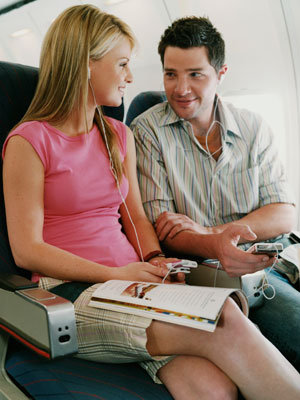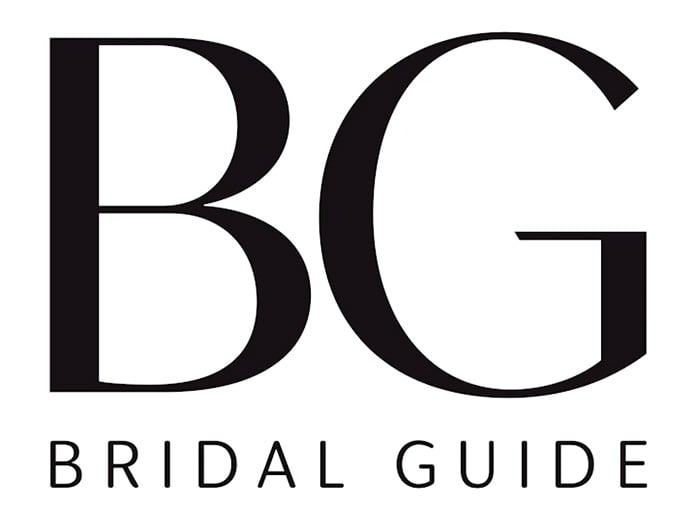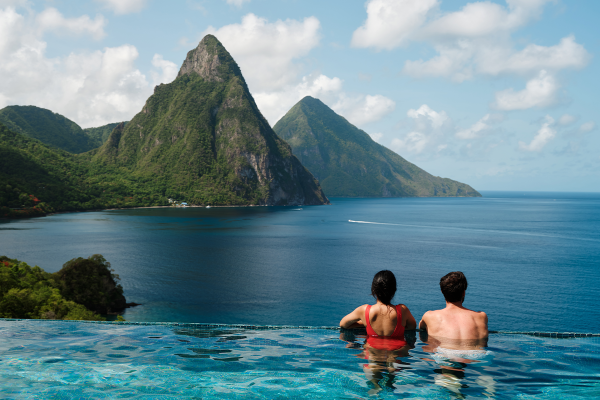
As travel fees continue to soar, airline and hotel customers have come to expect less and pay more. Survey results from Airfare Watchdog found that 16 percent of respondents would pay extra money to get off the plane first (10 percent would pay $10 and three percent would pay up to $20). The enforcement of such fees isn’t too far-fetched. Amenities that were once complimentary (e.g. blankets and checking bags) now come with a price tag.
For select hotels and airlines that haven’t jumped on board, these complimentary items serve as a marketing boost. New Hawaiian Airlines ads read: “The captain has turned off the nickel and dime sign. Complimentary meals and more.” Shouldn’t that always be the case for a 12-hour flight? As you plan your honeymoon, watch out for these five hidden travel fees.
1. Resort Fees
When my husband and I spent a weekend in Puerto Rico after our wedding, the hotel charged us an additional $25 per day for access to the beach and pool areas. (You know, the hotel grounds you expect to gain access to by paying $200 per night for a room.) According to Robert Mandelbaum of PKF Hospitality Research, resort fees first surfaced about 15 years ago, but now more properties enforce them to bring in extra revenue. The charges usually range from $10-$25 and cover extras like beach chairs, towels and fitness room access. “It gets sticky when non-resorts do it,” said Mandelbaum. Also, in many areas, such as Hawaii, resort fees are the norm. In some cases, fitness centers are not included in the room rate. Fitness buffs should contact the hotel before booking to make sure. Also read the fine print: Some resorts include non-motorized watersports and others don't. Motorized activities and off-site excursions are generally always extra, as are spa experiences.
2. Preferred Seating
Some airlines have started to set aside window and aisle seats for their frequent fliers or passengers willing to pay more. Planning in advance and calling your airline's reservation center before you book may help you get preferred seats, but there's no guarantee. Always check the flight's seat map for availability, and if you have no luck, check again within 24 hours of departure. Window, aisle, bulkhead and exit row seats may be up for sale. If you want to avoid paying an extra fee, wait until you arrive at the airport to speak with a representative. Frequent fliers may get upgraded to first or business class by then and you can snag their window or aisle seats at no extra cost.
3. Hotel WiFi
If you plan to email photos of your amazing honeymoon to friends or can't quit your addiction to Facebook, you may want to call your hotel in advance regarding WiFi charges. Most hotels don't offer free WiFi (although some may offer it in public areas, like the lobby). Standard pricing runs between $30-$60 per day, and cruise companies like Royal Caribbean charge up to 65 cents per minute. Information on WiFi generally isn't posted on hotel websites, so it's important to call in advance to know if it's worth packing your laptop.
4. Carry-On Fees
You may think that streamlining your packing is saving you some bucks, but in the near future some carriers are threatening to charge for your carry-on bags, too. Spirit Airlines just announced a $100 carry-on fee, starting on Nov. 6. Different carriers have different size and weight requirements for both checked and carried on luggage. In some instances, the same airline may enforce different requirements based on the size of the aircraft. Research all of this before you pack. Do you really need that fourth pair of strappy sandals? Carry on your bags and get on the plane first — at least for now. (A recent survey conducted by J.D. Power and Associates found that JetBlue, Southwest and WestJet airlines ranked highest in customer satisfaction—any coincidence that they don’t charge for the first checked bag?)
5. Cashing In Miles
Airline rewards programs can help you secure free flights and seat upgrades. But just because they're "free" doesn't mean you don't have to pay a dime. Taxes and other airport surcharges can really add up (airports are responsible for security fees to the government, which they pass on to the airlines, and airlines pass onto you). With processing fees and sales taxes, cashing in miles can cost up to $100 — and the later you book, the higher the cost. Many also charge transfer fees for gifting miles to friends or family. If any of your nearest and dearest have offered to gift you miles for your honeymoon, you may want to let them know.
— Paulette Safdieh
- ssainato's blog
- Log in or register to post comments



